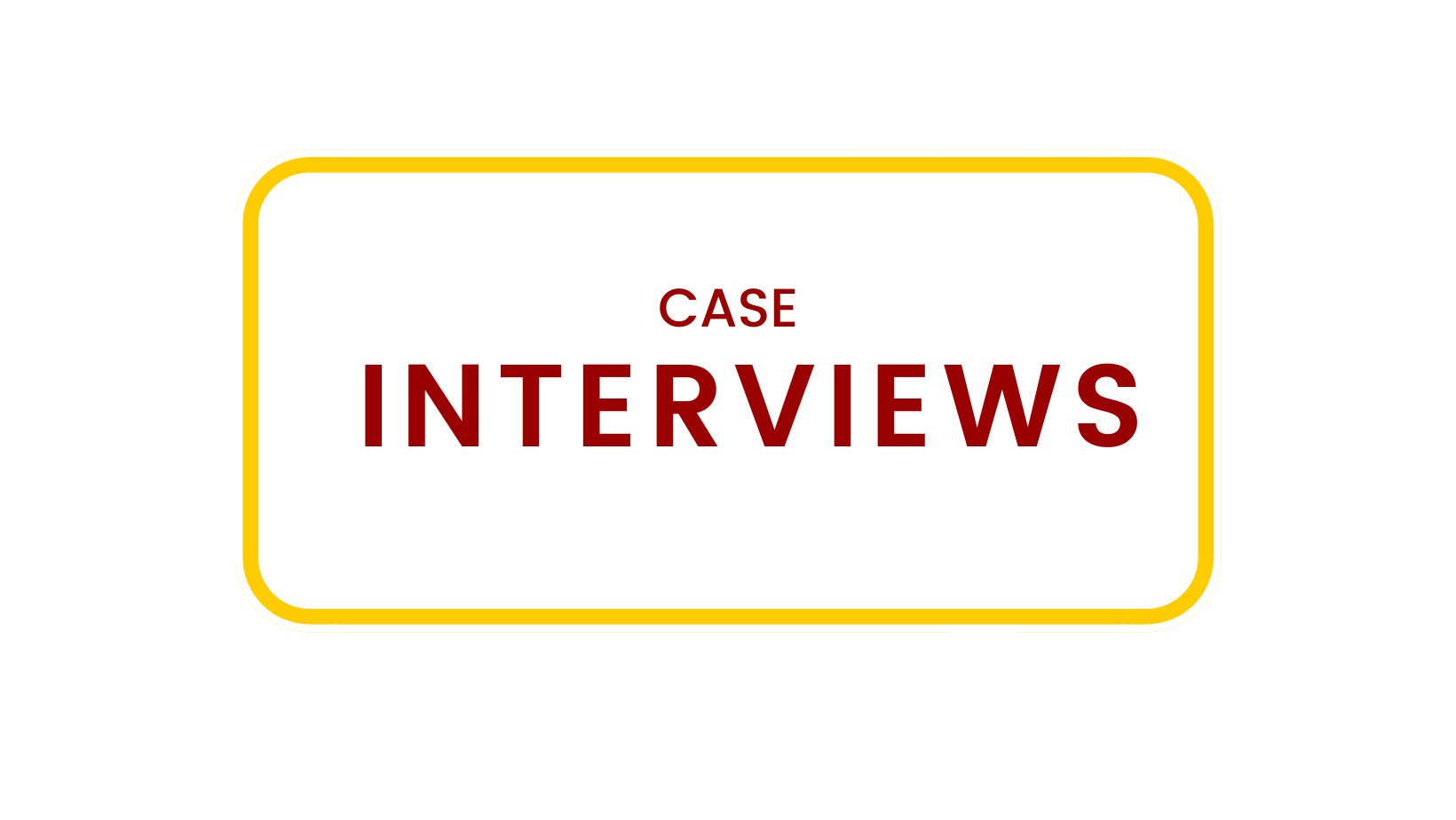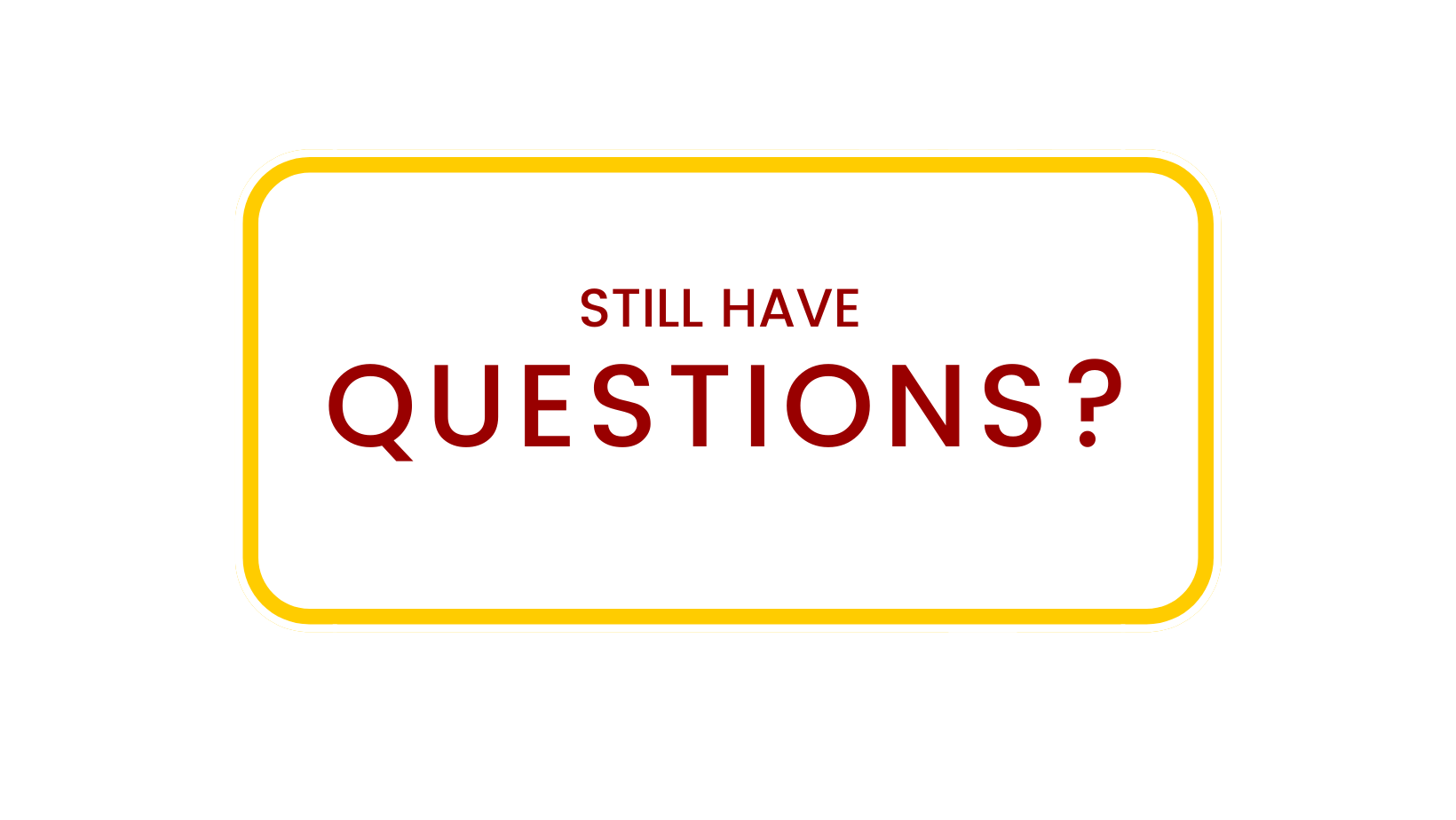

This type of interview consists of questions to determine if a candidate has demonstrated a particular skill or behavior.
The premise behind behavioral interviewing is that the most accurate predictor of future performance is past performance in a similar situation. When asked a behavioral question, it is important to provide specific examples rather than general ones. Prepare to answer questions related to the skills and characteristics the company is seeking.
For example, if leadership skills are relevant to the role, you can describe a situation when you acted as a leader.
Examples of behavioral questions:
- Give me an example of an important goal you had to set and tell me about your progress in reaching that goal.
- Describe a time when you were faced with problems or stresses at work that tested your coping skills. What did you do?
Behavioral questions can be difficult if you are not prepared. Always try to be conscious about what the recruiter is trying to find out about you by asking you a particular question. Remember to use the STAR Method.
A helpful strategy to use when answering Behavioral Interview Questions is the STAR Method.
Using the STAR Method will ensure that you provide a concise answer. In response to the interviewer’s behavioral question, first give an example of a relevant Situation you were involved in that resulted in a positive outcome.
Second, describe the Tasks involved in dealing with that situation. Emphasize the various Actions taken to solve the problem or achieve the accomplishment. Close by describing the Result or outcome of the actions taken.

Example of a STAR Answer: Give me an example of an important goal you had to set and tell me about your progress in reaching that goal.
S: Upon entering USC graduate school, I set a goal to graduate in two years with a high GPA, while also becoming involved on campus and gaining work experience in my field.
T: In order to accomplish my goal, I knew that I needed to network in the field of EE, look for an internship, and set up a disciplined study schedule to manage school, work and campus activities.
A: I immediately looked into campus organizations and joined IEEE, found an internship working at Company A for the summer. In addition, I set up a study group for the weekends.
R: As a result, I learned valuable time management skills, while completing work and classroom deadlines on time. I achieved my original goal and can now focus on future goals in my career.

This type of interview consists of technical questions in your field.
Prepare for brainteasers or riddles designed to measure your analytical and problem-solving skills. Review specific concepts you have learned that are relevant to the position. It consists of technical questions in your field (programming, lab experiences, etc.).
You can also do informational interviews with employers and ask them how to prepare for technical interviews/their experience/sample questions.
Examples of Technical Questions
- The following script or programming code will not compile. Please explain why.
- You're asked to design a stealth attack aircraft for the US Navy. What might it look like and why?
- How would you improve this pen?
- Why are manhole covers round?
Resources


Case Interviews
- In some interviews, you may be asked to demonstrate your problem-solving skills. The interviewer will outline a situation or provide you with a case study and ask you to formulate a plan that deals with the problem.
- You do not have to come up with the ultimate solution. The interviewers are looking for how you apply your knowledge and skills to a real-life situation. Speak and reason aloud so interviewers have a full understanding of your thought process.
- Before answering a case interview question, be prepared to ask the employer numerous questions for clarity and informational purposes. Most employers will provide responses that could result in additional inquiries.

- Analyzing and dissecting the case study will likely impress your interviewer.
- This is the only interview for which it is acceptable, even encouraged, to bring a pad of paper and pencil. Most interviewers will allow you to take notes and jot down thoughts as you work through the case.
- You can utilize a third-party resource called Management Consulted which provides skill exercises needed to successfully master case interviews in consulting and business management or any other industry. This resource includes resumes, interviews, case studies, and finding consulting jobs. To access this resource go to Handshake Resources and search for Management Consulted. A USC link will be provided for you to access this resource
You can visit the Career Center for more information on interview preparation.


